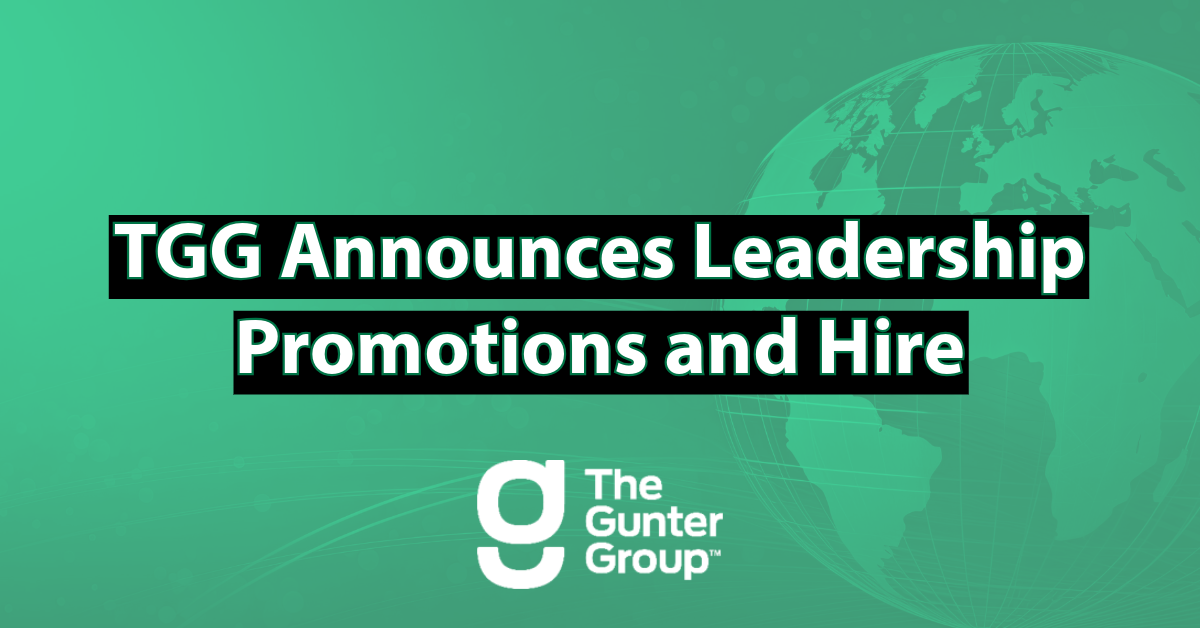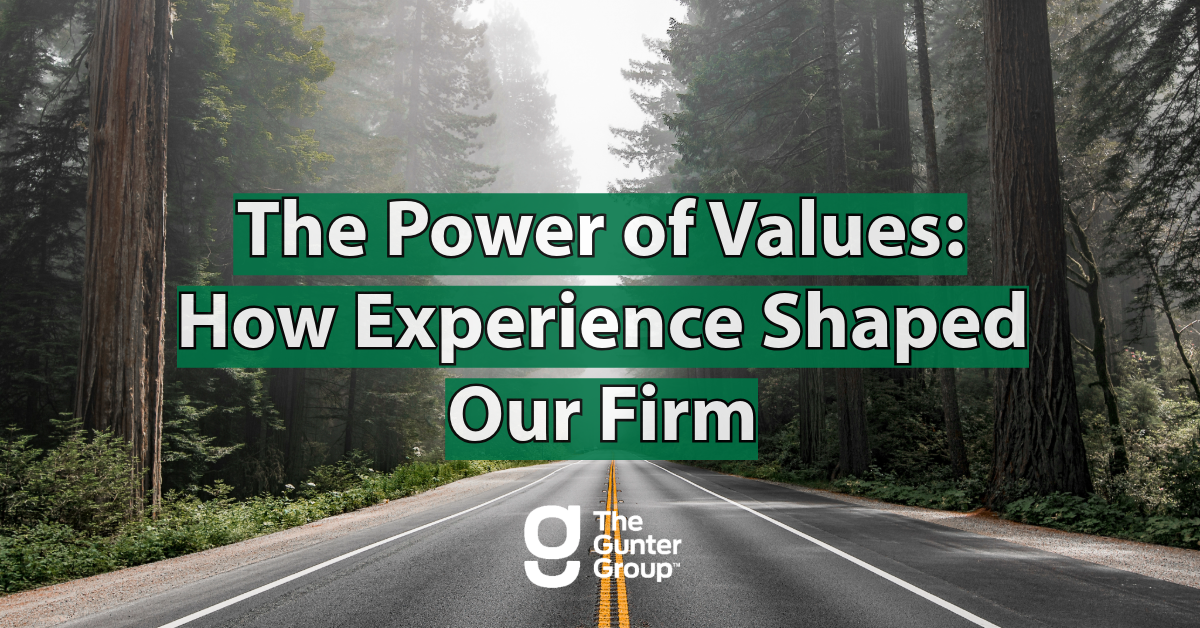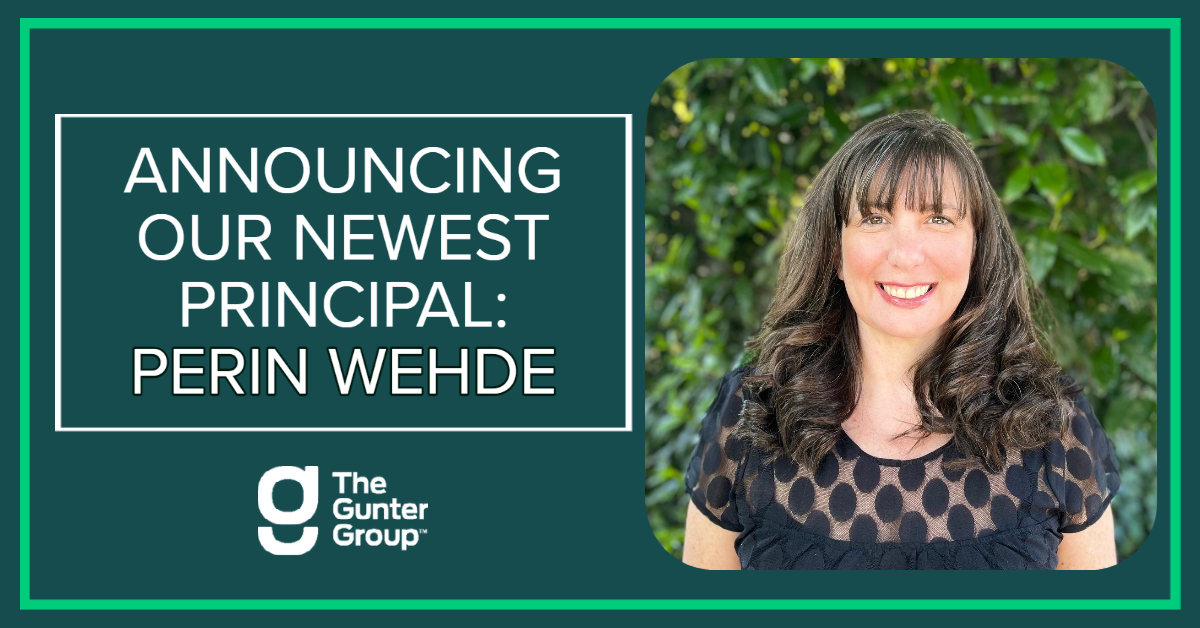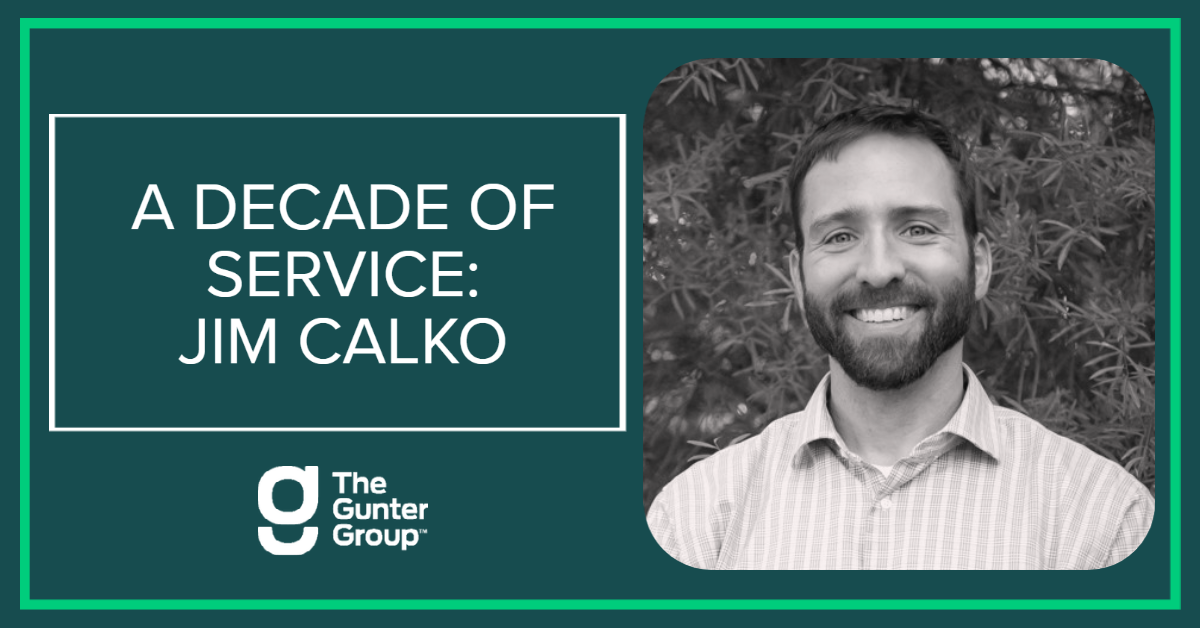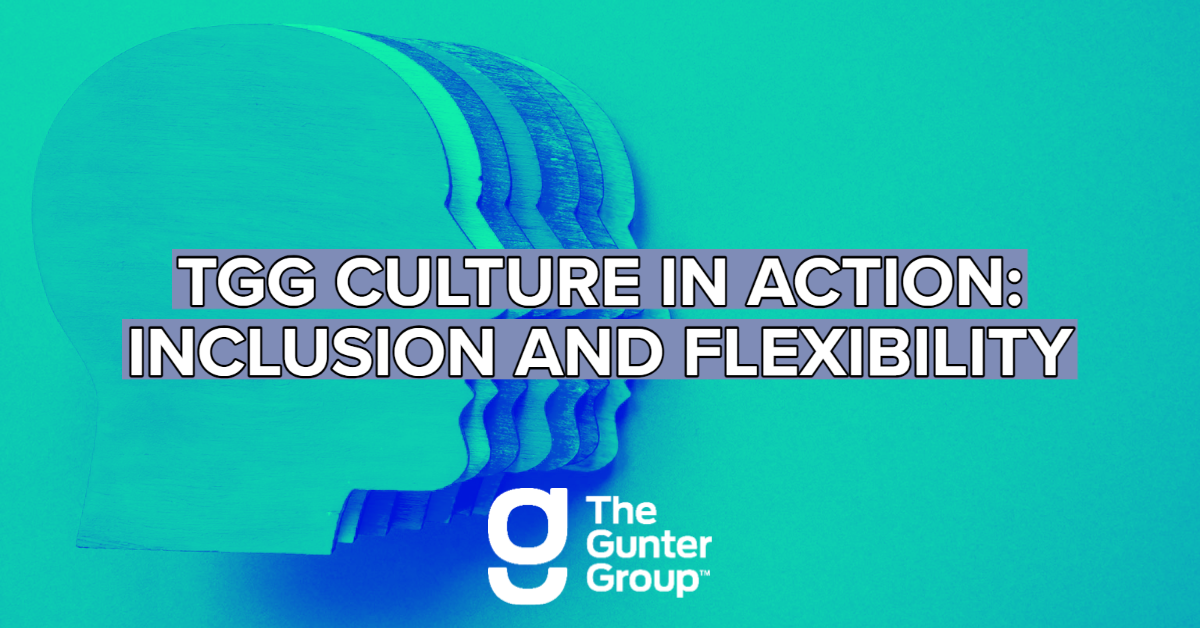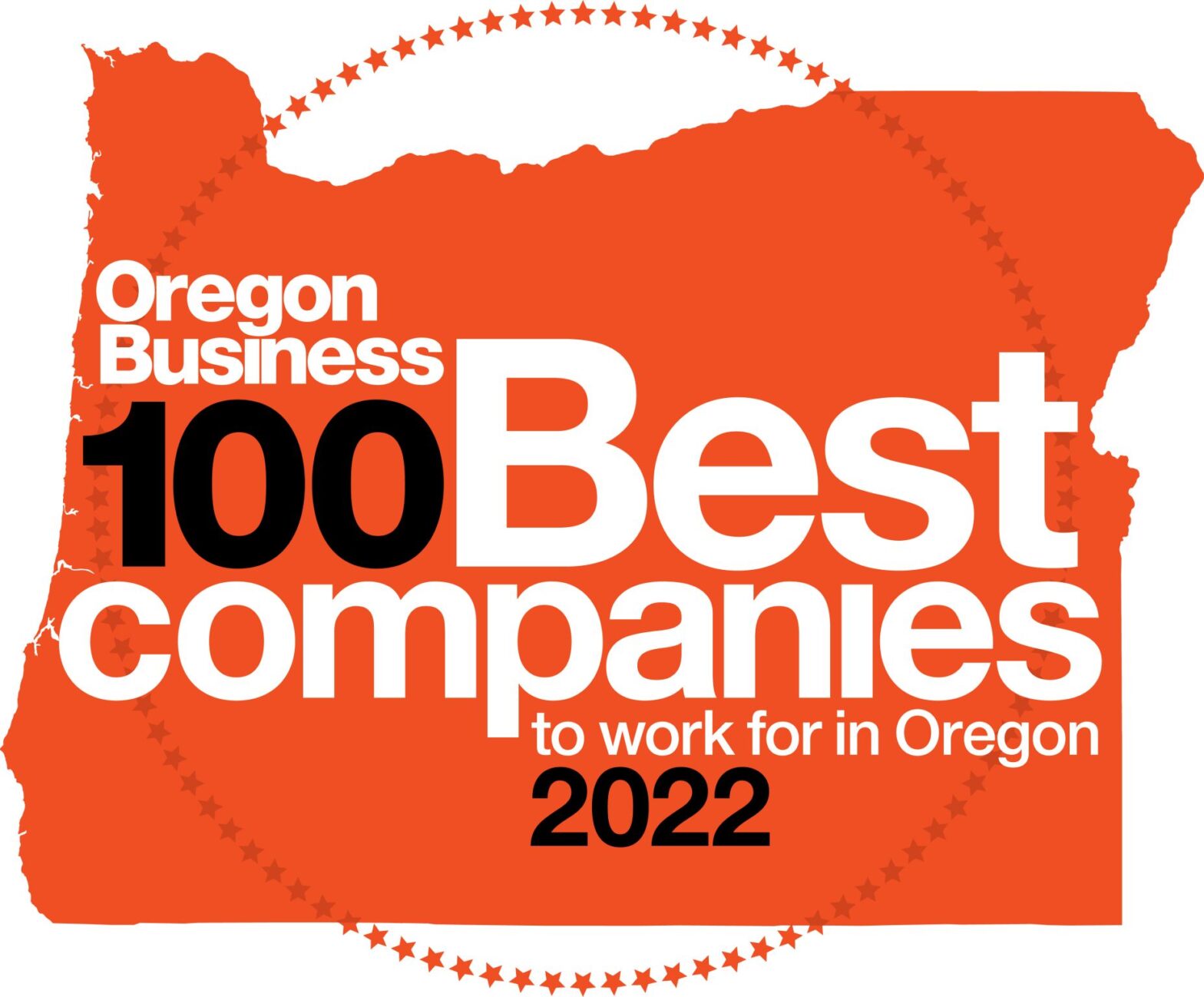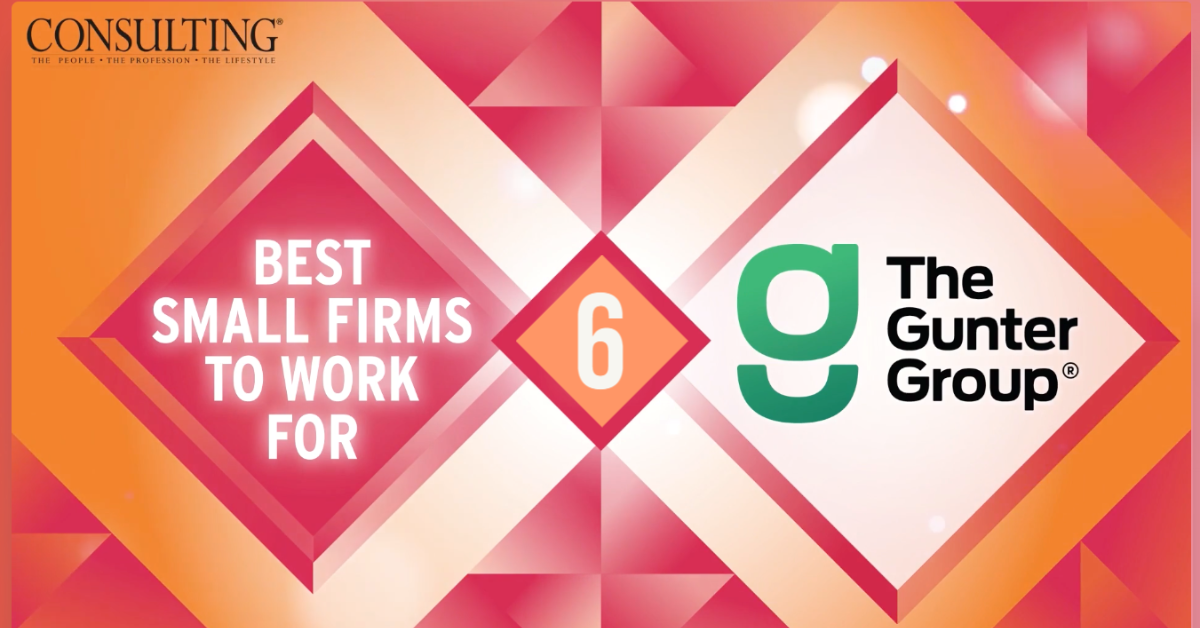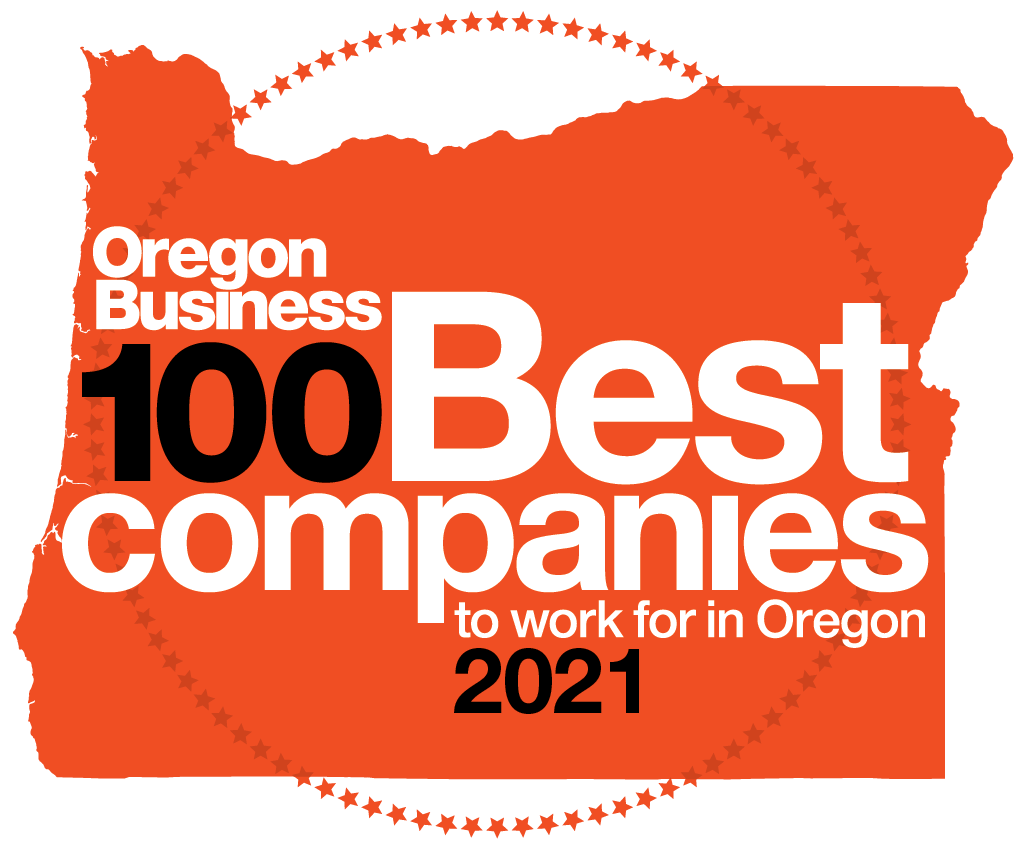In this special announcement, Founders Mike and Ashleigh Gunter celebrate TGG’s recent leadership promotions and hire that position TGG for continued growth and success. Learn about the members of TGG’s Leadership Team and the firm’s ongoing commitment to driving excellence and delivering exceptional value to its clients.
Tag Archives: Leadership
The Power of Values: How Experience Shaped Our Firm
Join our founder, Mike Gunter, as he reflects on his 30-year consulting journey—from starting at Deloitte to building The Gunter Group. Discover how key experiences, values, and decisions shaped our firm’s vision and future, and helped create a sustainable organization built on strong principles.
FROM OUR PARTNERS:
ANNOUNCING OUR NEWEST PRINCIPAL, PERIN WEHDE
We are excited to announce Perin Wehde as the newest Principal with The Gunter Group. Perin joins TGG with over 22 years of multinational consulting experience.
FROM OUR PARTNERS:
A DECADE OF SERVICE – JIM CALKO
We are excited to recognize Jim Calko for his 10 years of service with The Gunter Group and his promotion to Principal at TGG.
TGG CULTURE IN ACTION:
INCLUSION AND FLEXBILITY
TGG Founding Partner Mike Gunter shares about TGG’s inclusive approach to holidays and the value of open conversations and teamwork.
TGG RANKED IN TOP THREE: 2022 BEST COMPANIES TO WORK FOR IN OREGON
We are excited to share that for the eighth year in a row, The Gunter Group has been ranked as one of the ‘100 Best Companies to Work For in Oregon’ according to Oregon Business. The Gunter Group was recognized as the #3 Best Company to Work For in Oregon, in the medium-sized businesses category.
TGG RANKED AS A BEST SMALL FIRM TO WORK FOR IN THE NATION BY CONSULTING MAGAZINE
For the third year in a row The Gunter Group has been recognized as a “Best Small Firm to Work For” in the nation according to Consulting Magazine.
TGG RANKED IN TOP THREE FOR BEST COMPANIES TO WORK FOR IN OREGON
We are excited to share that The Gunter Group was recognized as the #3 Best Company to Work For in Oregon, in the medium-sized business category!
OUR NON-NEGOTIABLES:
A LOOK BACK
Little did we know that half way through this blog series, we would find ourselves in the middle of not only a global pandemic, but also significant societal upheaval in the ongoing fight for equity, inclusion and racial justice.
We knew how our Non-Negotiables guided us in “normal” times, but how would they hold up in such uncertain and stressful times?
